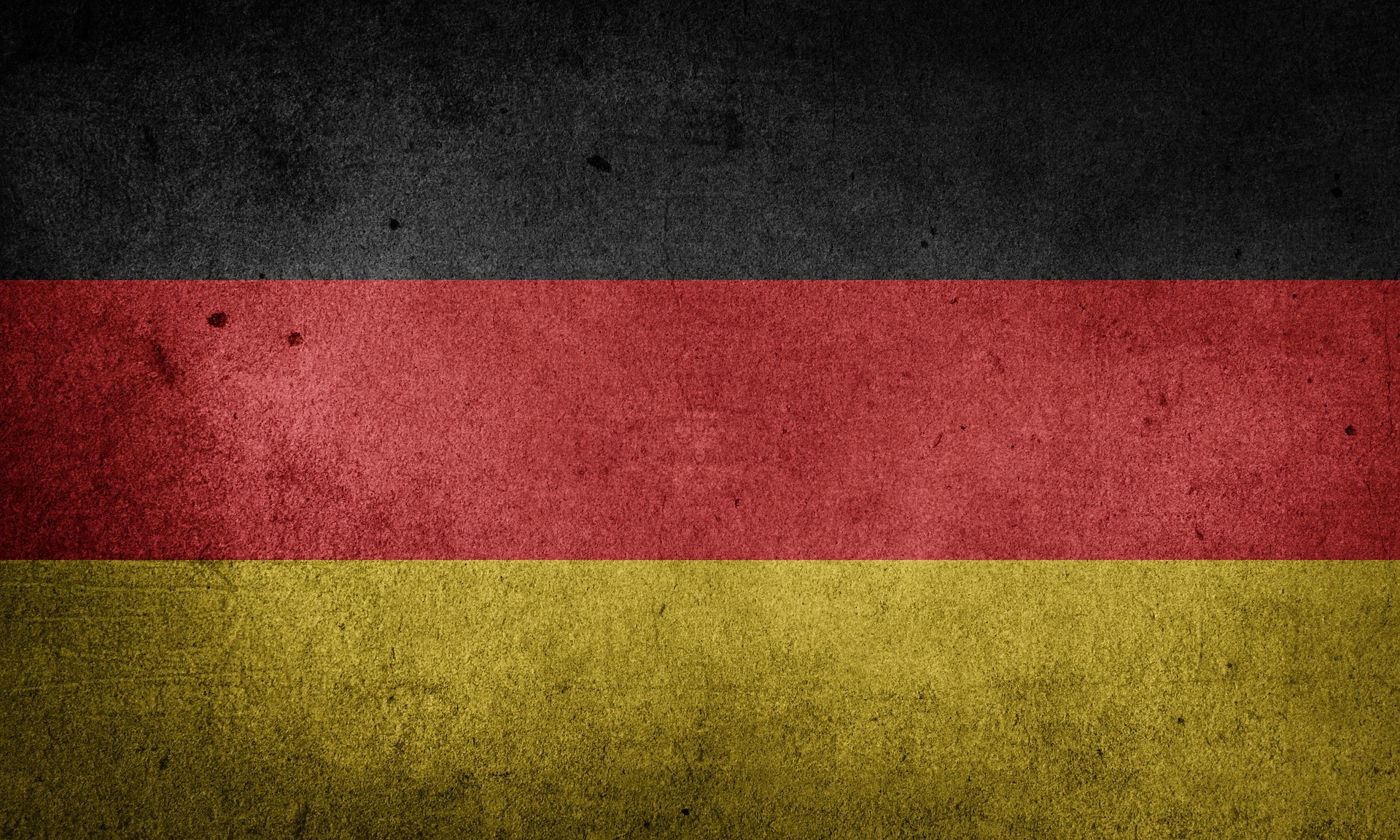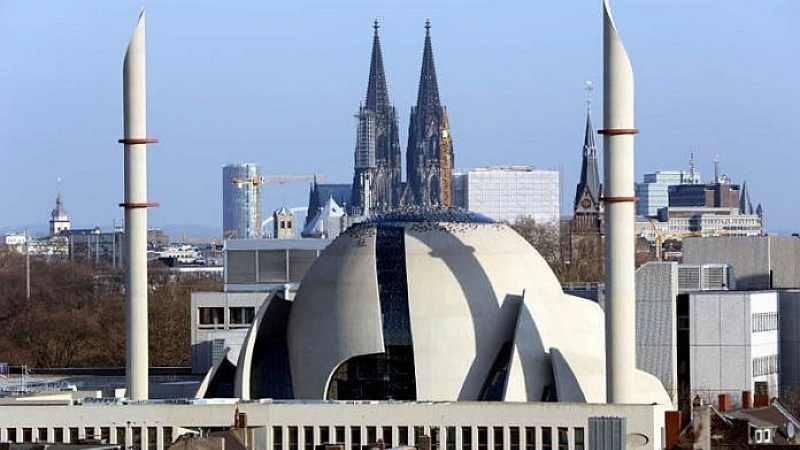February 10, 2016
If one were to judge from the bulk of current news reporting on the rise of xenophobia and Islamophobia in Germany, one might be tempted to think that the far-right opposition to the ‘Islamisation of the Occident’ is above all a secularist affair. To be sure, the marchers at Pegida rallies ritually conjure up the image of a ‘Christian Occident’ (christliches Abendland), opposed to a ‘Muslim Orient’. Yet most observers seem to have implicitly downgraded the potential importance of religious motivations for Pegida’s supporters; a move that appeared justified by the group’s predominantly East German provenance: having been ruled more than four decades by the Socialist Unity Party (SED), religious observance in the former GDR is, statistically, well below West German levels. A 2008 report by a University of Chicago-based group of academics revealed, for instance, that 52.1 per cent of East German assented to the statement ‘I don’t believe in God’, while only 10.3 of West Germans did.
However, there is more than meets the eye. It is not just that the peaceful revolution of 1989 relied to a significant extent on the Protestant milieu for its moral convictions and on Protestant churches as spaces for assembly that were somewhat more shielded from the prying eyes of the omnipresent domestic intelligence agency, the Stasi. In fact, especially the Ore Mountains (Erzgebirge) region south of Dresden has been dubbed the ‘German Bible belt’, comparing this area to the American South with its high number of observant, hardline Christians. Concomitantly, the Saxon Christian Democratic Party (CDU), which often wins 60% majorities in these regions and has governed the Free State of Saxony since the first free elections in 1990, has generally pursued a more conservative, self-consciously ‘Christian’ and nationalist line than the CDU elsewhere. Given this fact, Pegida’s religious rhetoric should not be dismissed out of hand.
An even more important pointer to the significance of certain notions of Christianity among the resurgent German far-right, however, is the prominence of conservative Catholics and Evangelicals in the Alternative for Germany (AfD), the de facto party-political arm of the Pegida movement. As Liane Bednarz elucidates in a perceptive commentary in the Frankfurter Allgemeine Zeitung, the AfD offers a new political home to Christians alienated by the liberalising tendencies of a secularist society. For them, the ‘Islamisation of the Christian occident’ is only the last item on a long list of grievances that includes perhaps above all society’s growing acceptance of sexual diversity. Indeed, recent years have witnessed the congealment of an increasingly vocal Christian right around these concerns. Nor is this phenomenon confined to the former East: one of the bitterest debates occurred in the – traditionally conservative – south-western state of Baden-Württemberg, where Christian groups protested against the alleged ‘early sexualisation’ (Frühsexualisierung) of children when the governing coalition of Greens and Social Democrats sought include representations of homosexuality in revised schoolbooks.
These groups widely perceive political elites and mass media not just as complicit in these developments but as dominated by left-fascist (linksfaschistisch) forces seeking to deaden public discourse and to undermine the Christian identity of the German people. A retired professor of Catholic theology from the University of Freiburg recently asserted in an article that the refugee crisis represents the “self-destruction of Germany under a humanitarian cover-up.” Here the new Christian right’s preoccupations fully merge with the concerns of Pegida and the AfD electorate. As Bednarz chronicles in her article, calls for ‘resistance’ against the governing political status quo and its ‘establishment’ have proliferated in the burgeoning right-wing Christian blogging and online publication scene. The weekly newspaper Junge Freiheit, which has come to function as the unofficial party organ of the AfD, also publishes articles and opinion pieces by right-wing Christians. According to Bednarz, these websites and their comments sections offer an insight into a ‘parallel society’ (Parallelgesellschaft – a term which in German public discussion is usually reserved for the self-contained societal spaces that predominantly Muslim immigrants are seen as likely to inhabit). In these fora, conspiracy theories intermingle with an “authoritarian longing” for Putin- or Orbán-style governance, xenophobia, and Islamophobia.
Against this backdrop, “the AfD […] has the effect of a magnet on radical Christians.” Indeed, one of the party’s main figures, Beatrix von Storch (MEP) and her husband are extremely invested in the fundamentalist Christian scene. As Bednarz observes, von Storch functions as the “figurehead” of all “those within the AfD who wish to pursue a staunchly nationalistic course” with an “ostentatiously Christian demeanour”.
The Chicago report: http://www.norc.org/PDFs/Beliefs_about_God_Report.pdf (in English)
The German Bible Belt in Saxony: http://www.nzz.ch/international/deutschland-und-oesterreich/land-der-gottesfuerchtigen-1.18644793 (in German)
The connections between the AfD and the Christian right: http://www.faz.net/aktuell/politik/inland/putin-orban-und-afd-rechte-christen-finden-politische-heimat-14043650.html (in German)






